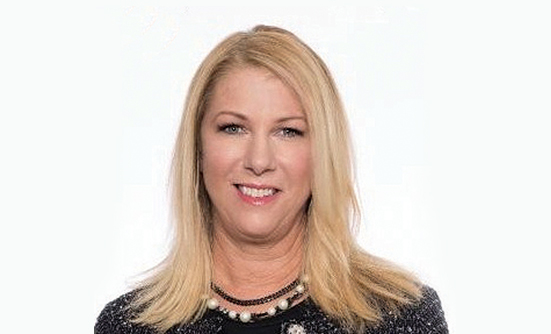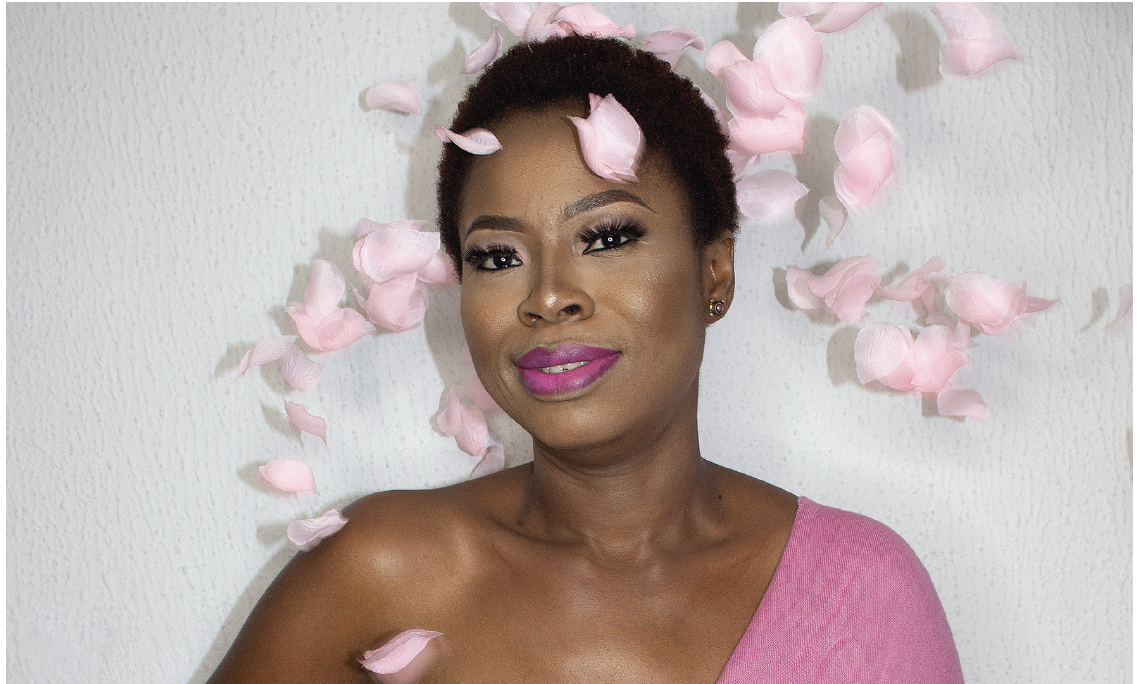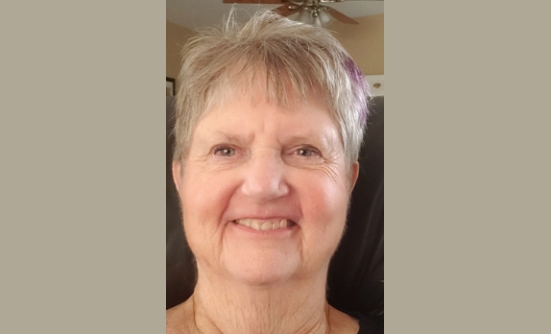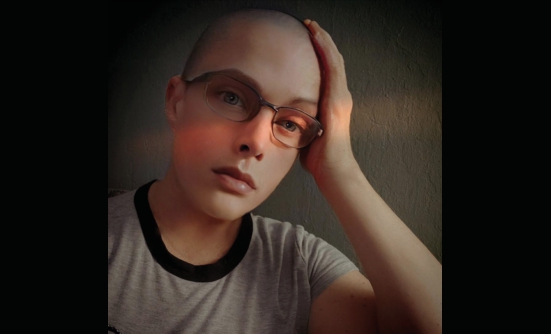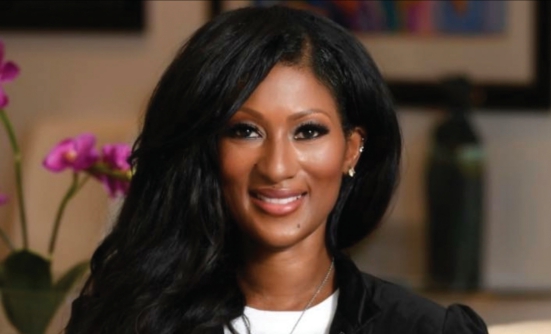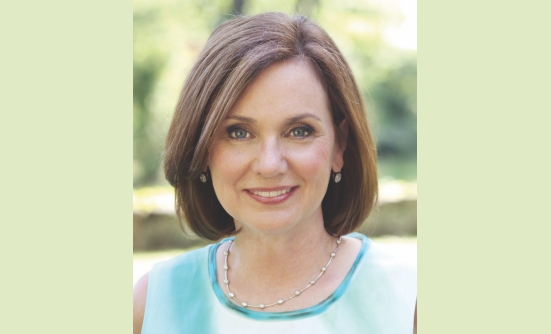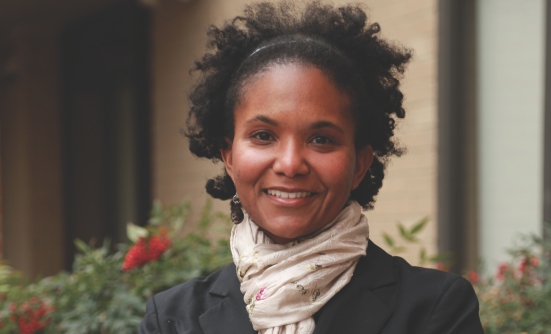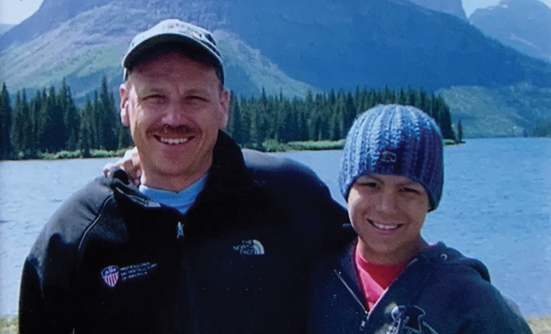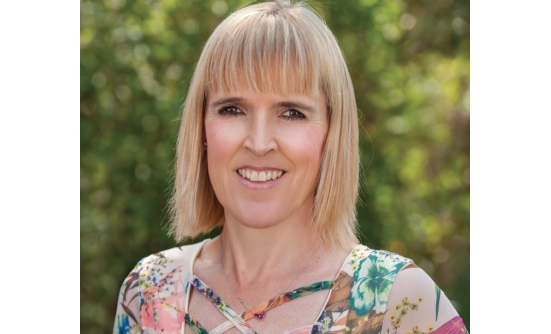Second, a cancer diagnosis is never planned or anticipated. No one expects to be diagnosed with cancer, and nothing prepares people to accept the hard, cold facts that they must now make room for a life with cancer.
And, finally, all those who become patients with cancer are forever changed by the experience. Whether it’s living with and accepting the physical changes that radiation, chemotherapy, surgery, or newer therapies may cause, the emotions that are sure to arise as a result of living with this mercurial illness can wreak havoc on one’s life. It did in my case, when I was diagnosed with colorectal cancer in 2007.
At the time, my life was on a roll, with 2 sons in high school and my “helicopter mom” status having been replaced by an occasional “drive-by mom,” as my sons had reached the age of self-sufficiency. This allowed me to pursue a more active personal and professional life and focus on much-needed “me” time. My home was steps from the Atlantic Ocean on Massachusetts’ south coast, and I had an eclectic group of friends in the “Duxbury Girls.” Together, we busied ourselves with book club, evenings in Boston, and the occasional potluck dinner at someone’s home.
My job was very fulfilling working in the healthcare industry as a vice president of sales at a market research company, offering me the satisfaction of being in a company viewed as a leader in an industry that had a positive impact on people. In addition, my earlier career as a registered nurse allowed me to apply that experience to my present job. It was a good time to be me, but if you know anything about cancer, you know that the disease has a mind of its own and couldn’t give a fig about how happy or satisfied I was.
When Cancer Rears Its Head, All Must Step Aside
When I began to experience stomach discomfort and abdominal bloating, I knew it was a harbinger of something more serious and sinister, such as cancer, and not the intestinal flu that I had hoped it was. My professional background in healthcare and medicine afforded me a familiarity with diseases, symptoms, diagnoses, and treatments.
But, like millions of people before me who were blindsided by a diagnosis, I was totally surprised when my primary care physician issued me an initial clean bill of health. However, his medical instincts told him that something was not right, and after further testing, he informed me that the CT scans showed a mass in my abdominal region and suggested that I undergo a colonoscopy immediately.
With my professional background, I quickly knew that my life was about to become complicated on a good day, and off the charts on the worst day. I also realized that there was much I needed to start doing to survive this diagnosis, while asking myself, “What in the world am I going to do?”
My medical training propelled me toward quickly becoming the world’s leading expert on colorectal cancer and preparing myself for the worst possible outcome. Although I was relatively young and healthy, and believed that the odds were in my favor to survive cancer and to go on to live a long and fulfilling life, having the tumor diagnosed at a late stage IIIB made me cautious about my prognosis.
Nevertheless, I prepared myself to gain as much knowledge as possible, surrounding myself with the best healthcare team and a group of loving family and friends, and not letting my treatment intrude on my life.
One of my concerns was that my doctor was not just recommending a standard regimen of radiation and chemotherapy but told me that before any treatment with medicines could begin, I would need to undergo continuous chemo via a pump, and 29 radiation treatments to shrink the tumor before surgery to remove the tumor.
I had the good fortune to work for a company whose CEO was also a certified gastrointestinal oncologist, who helped me to identify one of the most accomplished surgeons in the Boston area. Of course, his expertise created a substantial demand for his services, and when I called his office, I was told that the surgery would be in 2 to 3 months, unless I had cancer. I never thought of cancer as a blessing, but my condition certainly worked to my advantage in this one instance and allowed me to schedule a visit within 1 week.
Never Underestimate the Power of Life’s Intangibles
Around this time I concocted a powerful elixir of common sense, instinct, knowledge, and personal strength, which kicked me into overdrive. I have always considered myself a positive and resourceful person, no matter the circumstances, and what got me to this point in my life was also going to thrust me forward into life’s next chapter; so I did what I have always done best.
I began making a mental to-do list of activities that now loomed large, and started to check off the following boxes:
- ▢ Get a second diagnosis
- ▢ Tell family and friends
- ▢ Rally the Duxbury Girls
- ▢ Research treatment options, venues, and schedules
- ▢ Integrate work into treatment
- ▢ Create a backup plan
- ▢ Rinse and repeat
I am not the first patient with cancer to attest to the importance of having a positive outlook during a cancer diagnosis and subsequent treatment. Preserving an emotional keel is the best balm while experiencing health uncertainties and physical devastations that may run the gamut—from hair loss to nausea, fatigue, and emotional apathy and sadness.
It Has Not Been Easy
It hasn’t been easy. In addition to contending with the ongoing physical challenges of treatment, I went through bouts of fear, anxiety, and disappointment on my way back to wellness. I was so scared when faced with the uncertainties of whether prescribed treatment regimens would be effective for me. What if they fell short of their mark and forced me and my medical team back to the drawing board to figure out what other treatments would be possible? What would work best for me?
And waiting between treatments was very hard, knowing the cancer was still in my body. Chemotherapy wracked my body, and during treatment, all I could think about was getting through it and finally feeling better. Then, once that was over, my focus was on whether the treatment worked well, whether it would be a final and long-term solution, and if I would require further surgery of my particular cancer that could result in a drastic lifestyle change.
Being a cancer survivor leaves a person with mixed emotions, and the uncertainties that accompanied my diagnosis and initial treatment have not gone away entirely. One other truth about cancer is that despite the ability of a particular cancer drug to eradicate a tumor and leave a person cancer-free, the disease may return. Cancer remains an incurable illness, and as long as that status remains, I need to keep looking over my shoulder, waiting for a potential shoe to drop. This leaves me with mixed feelings about my future.
Once a patient with cancer, always a patient with cancer, and I need to accept the ambiguity this presents.
Life After Cancer: Patient Advocacy
I have now been cancer-free for 12 years, and it is once again a good time to be me. About 10 years ago, I also changed my career and entered the field of patient advocacy within the biotechnology industry. This is truly the best of all worlds, which takes advantage of my past experiences as a healthcare marketer and a registered nurse, as well as my personal understanding of being a patient with cancer.
Currently, I serve as Head of Patient Advocacy for a biotechnology company, Deciphera Pharmaceuticals, which is focused on improving the lives of patients with cancer by tackling key mechanisms of drug resistance that limit the rate and/or durability of response to existing cancer therapies. The entire company is patient-focused, which means integrating patients and the patient’s voice in all aspects of everything we do at Deciphera.
My role is to make sure that the patient’s voice is heard, and that all company employees are involved in patient-based programs. In addition, Deciphera supports patient foundations that act on behalf of patients with cancer, to ensure that they are receiving the best treatment and most up-to-date information on their therapies.
As an industry, biotechnology’s clarion call is the involvement of patients and the integration of that voice into all aspects of drug development and commercialization. As a patient with cancer, I clearly understand the power of that voice, which I champion in our company.
A New Outlook on Life
At the same time, I have been able to regain my happy life. My cancer diagnosis has given me a greater appreciation for life. Survivorship has made me different in many ways, physically and emotionally. For me, the key for dealing with these challenges and changes is to remain confident that this, too, shall pass. I do my best to be positive and to embrace the loving support of my family.
Life is precious, and I am grateful for every day I am given. I try to think how I am blessed, and that I have made it for more than 12 years as a cancer survivor. I am thankful for having a wonderful medical team, as well as the tireless support of my 2 boys, my siblings, and the Duxbury Girls, who were with me every step of the way, from diagnosis to remission.
When I had my final chemo appointment, they organized a party that included hugs, tears, kisses, and, of course, champagne. It’s always nice to have advocates.
Editor’s Note:
We are very sad to say that Kathy Gram passed away in September 2019. After a long remission, Kathy’s cancer had returned after this article had been completed. She had hoped that additional chemo and radiation would restore her remission, as before; however, the cancer had returned much more aggressively this time, that was beyond the help of available medical interventions.





